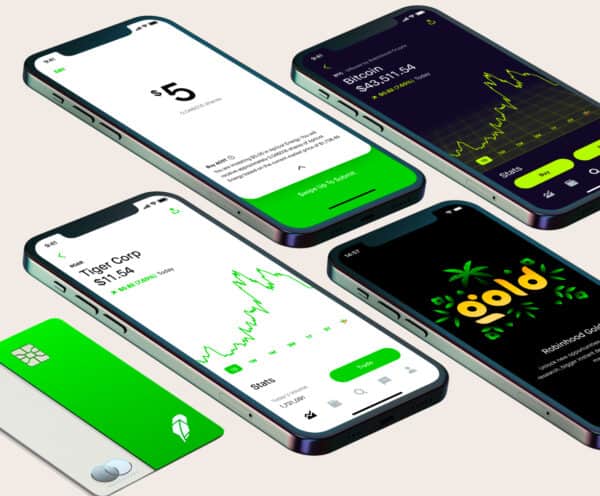
Robinhood (NASDAQ:HOOD) had some positive news last week.
First, in a blog post, Robinhood shared its ambition to offer 24/7 stock trading – just like crypto markets operate today.
Robinhood stated:
“As an important step towards 24/7 equities investing, we’re launching new extended hours that will allow customers to trade from 7 a.m. to 8 p.m. ET. By expanding pre-market trading to 7 a.m. from 9 a.m. ET and after-hours trading to 8 p.m. ET, we’re adding an extra four hours for orders to be filled.
Our customers often tell us they’re working or preoccupied during regular market hours, limiting their ability to invest on their own schedule or evaluate and react to important market news. In fact, we’ve seen a community of Robinhood early birds and night owls who log in exclusively outside of regular market hours. They’re juggling a lot, from full-time jobs to school, families and side gigs. Our new extended trading hours for equities will give them more opportunities to manage their portfolio at a convenient time for them, whether that’s in the early morning or in the evening.”
Previously, Robinhood offered some extended hour trading from 9 AM ET to 9:30 AM when markets opened and from 4 PM ET to 6PM – after markets had closed.
Later in the week, Robinhood scored a partial victory in an action by the state of Massachusetts.
In late 2020, the State of Massachusetts, Office of the Security of the Commonwealth Securities Division, filed a complaint against Robinhood, alleging that the platform engaged in acts and practices without regard for the best interests of its customers claiming Robinhood need to act more like a registered investment advisor with fiduciary responsibilities.
Judge Michael Ricciuti in Boston has ruled that the State of Massachusetts went beyond its authority by “adopting a regulation that conflicted with federal law.” According to Reuters, the State may appeal the ruling so Robinhood is not out of the woods as of yet – plus there are other issues that Massachusetts is challenging.
Meanwhile, shares in Robinhood continue to bounce around just above its 52 week low of $9.93 a share. Robinhood closed at $13.50 a share on Friday – well off its initial public offering price (IPO) of $38/share.
During the 4th quarter of 2021, Robinhood reported a net of $423 million, or $0.49 per diluted share, compared with net income of $13 million, or $0.02 per diluted share in the fourth quarter of 2020. For the full year, Robinhood delivered a net loss was $3.69 billion, or $7.49 per diluted share.

